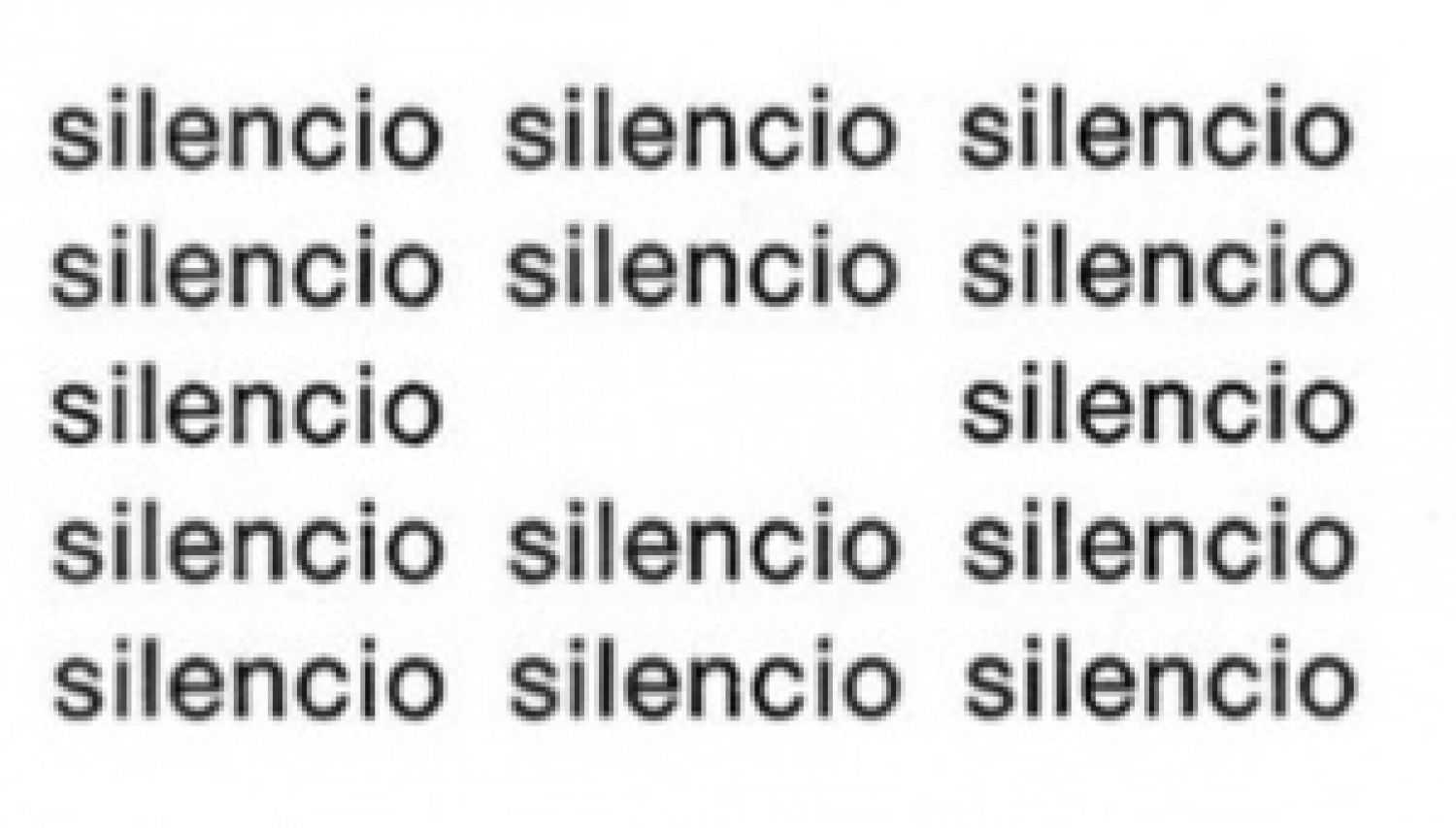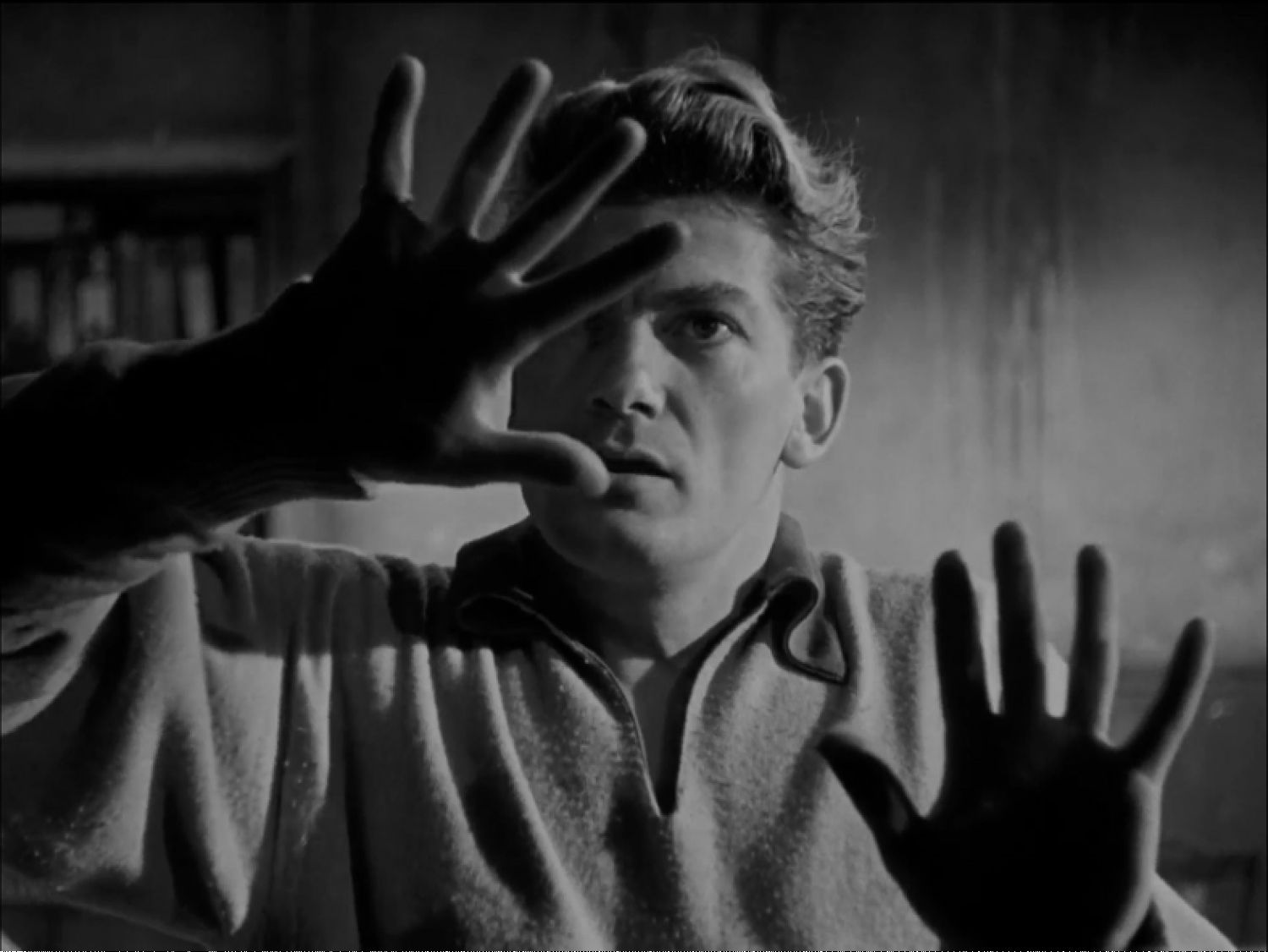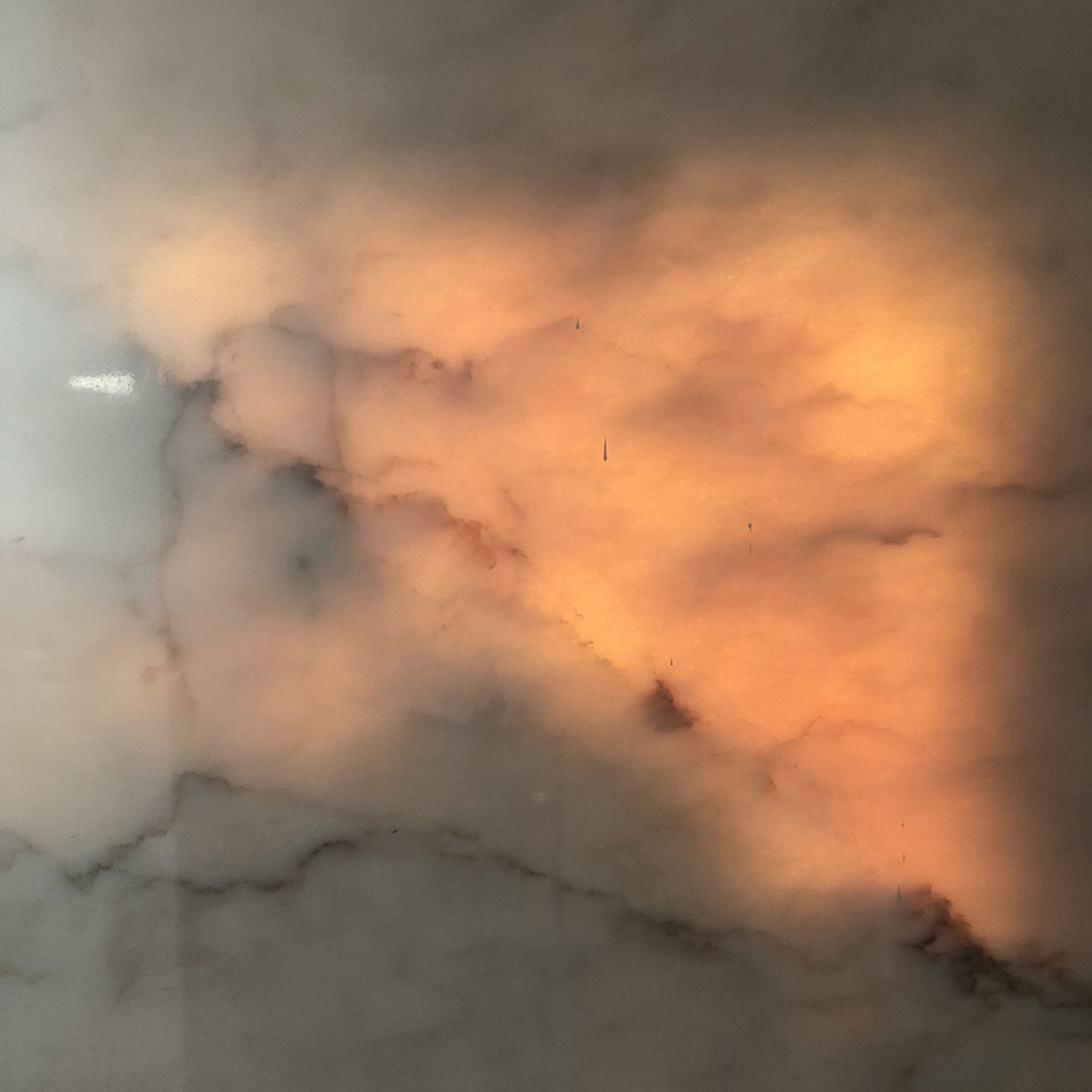Make-up, the show is over
Hernâni Reis Baptista & Óscar Faria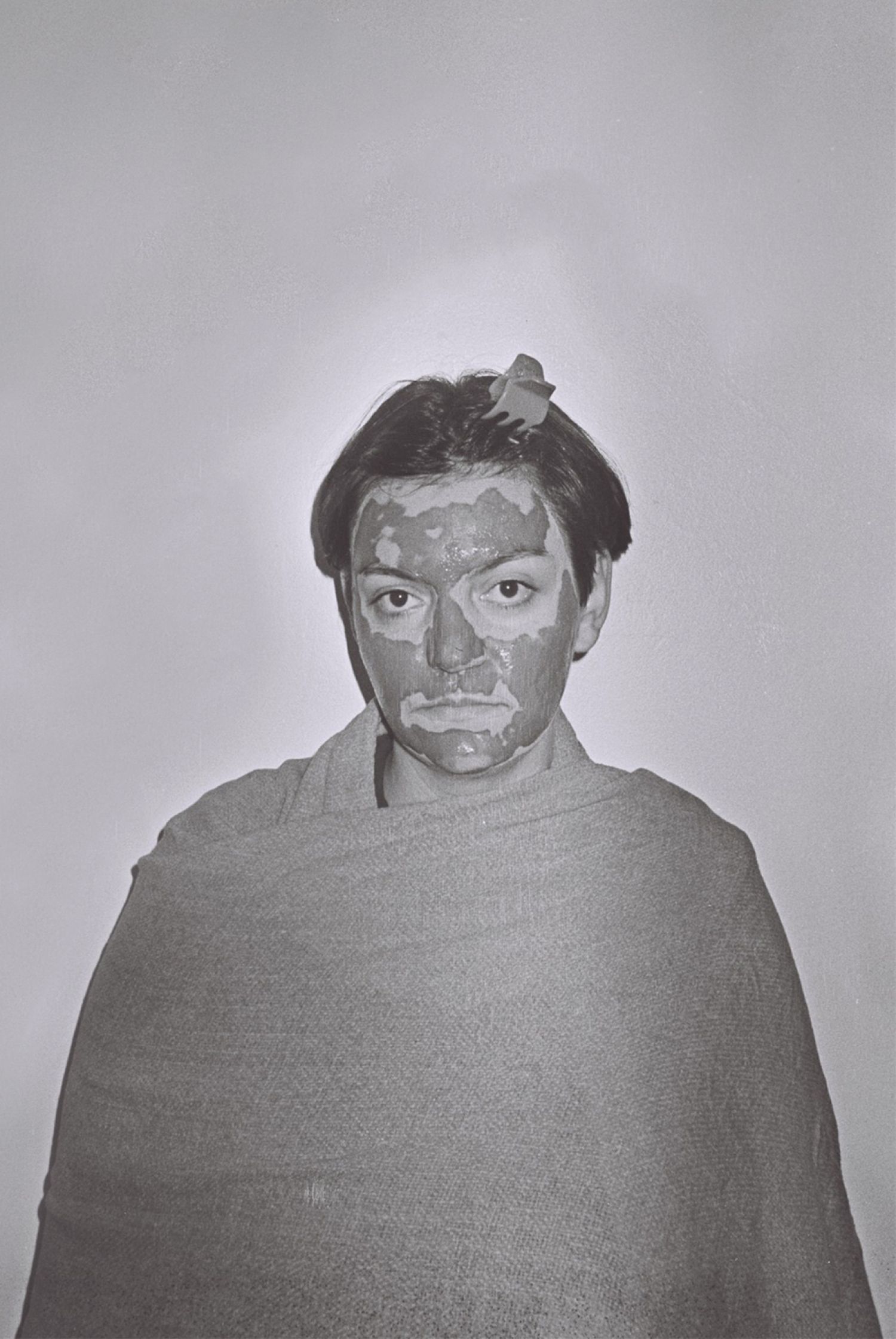
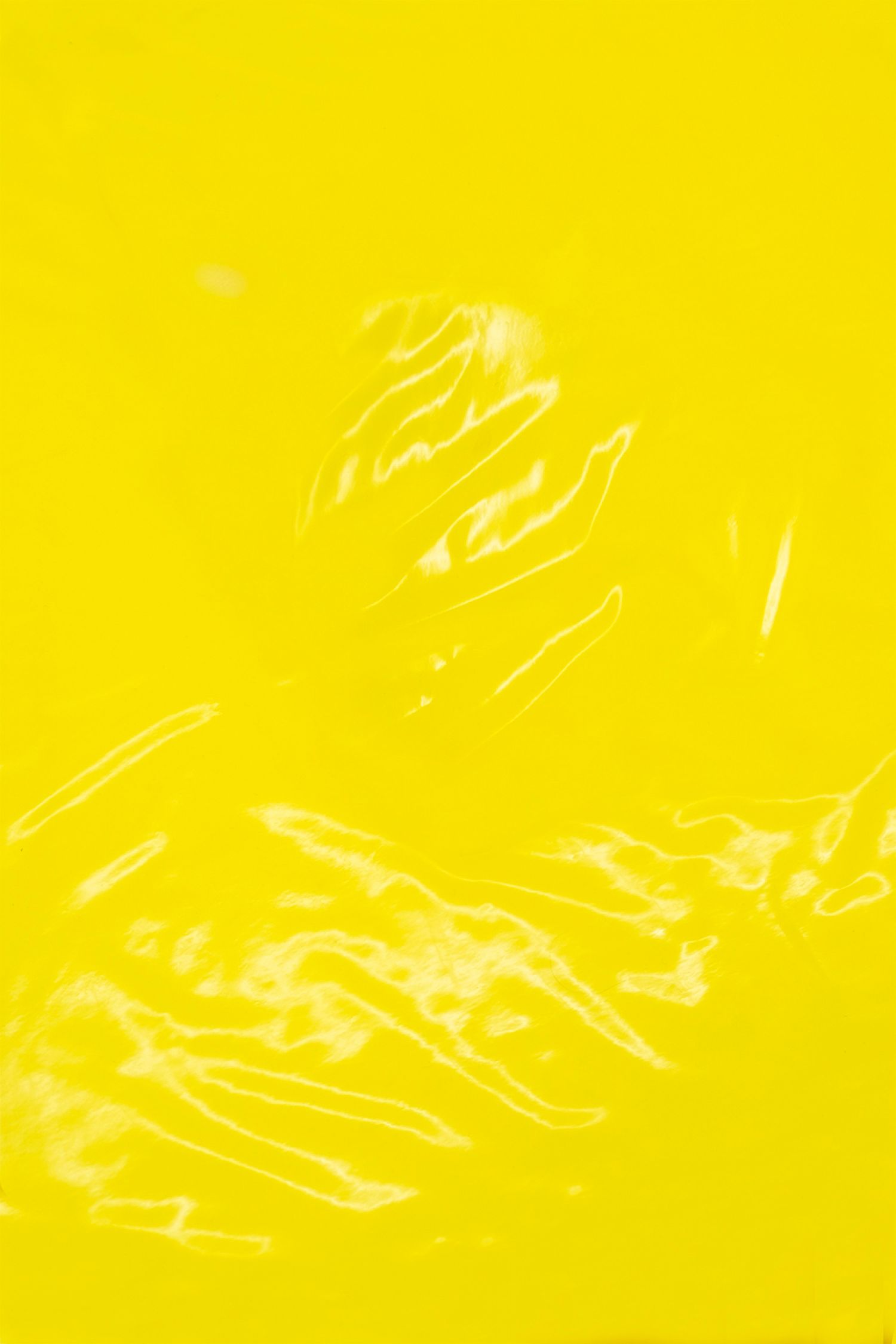
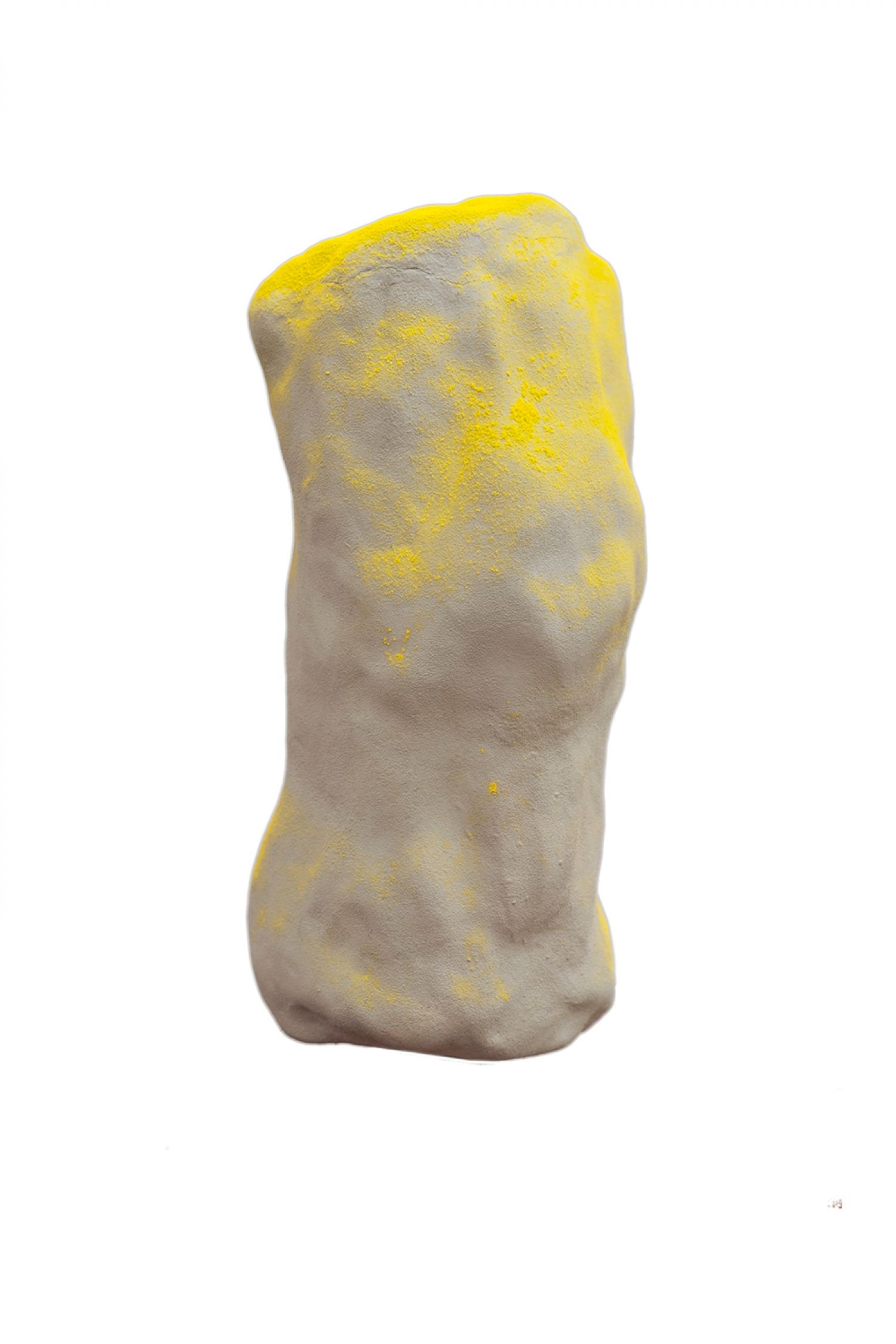
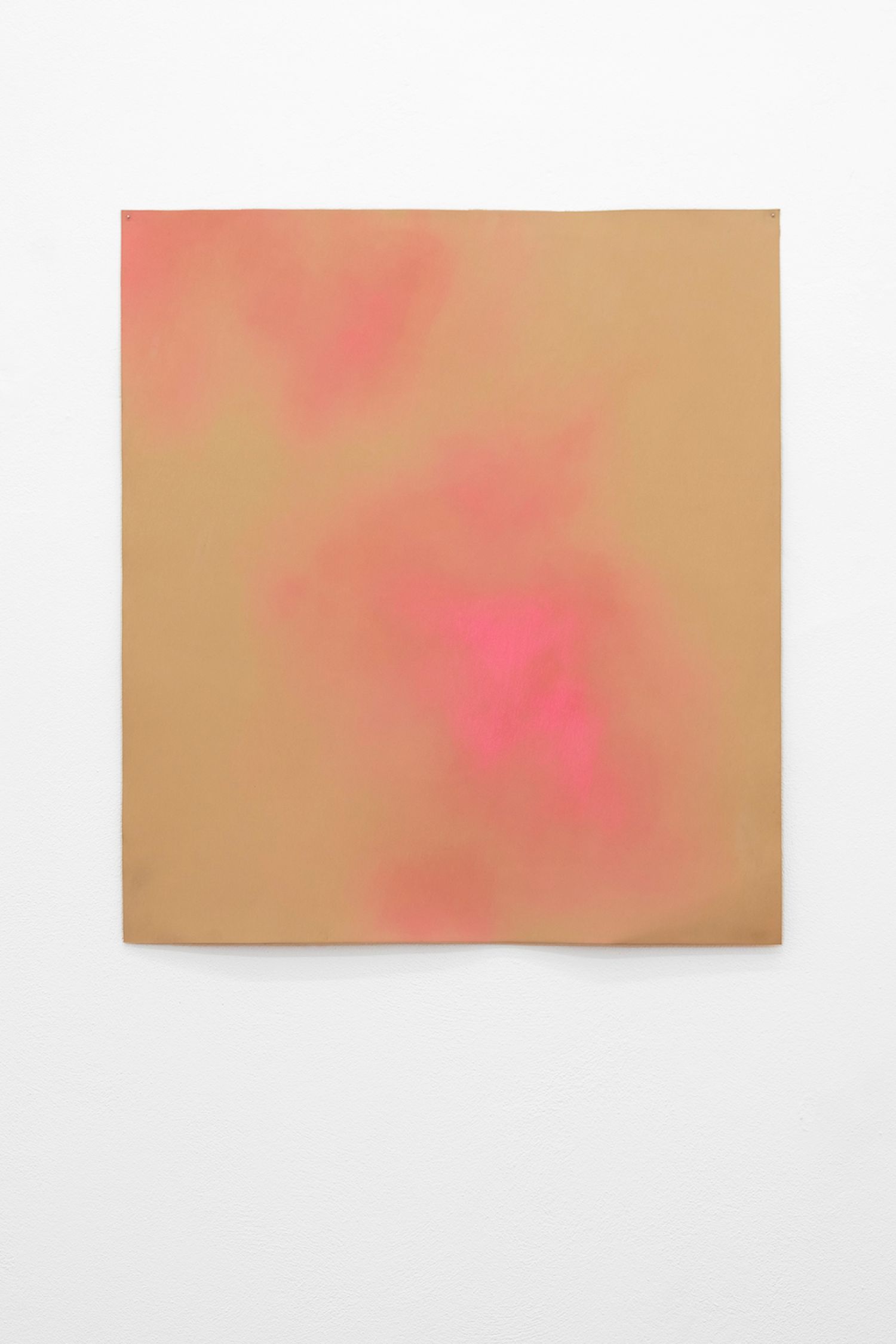
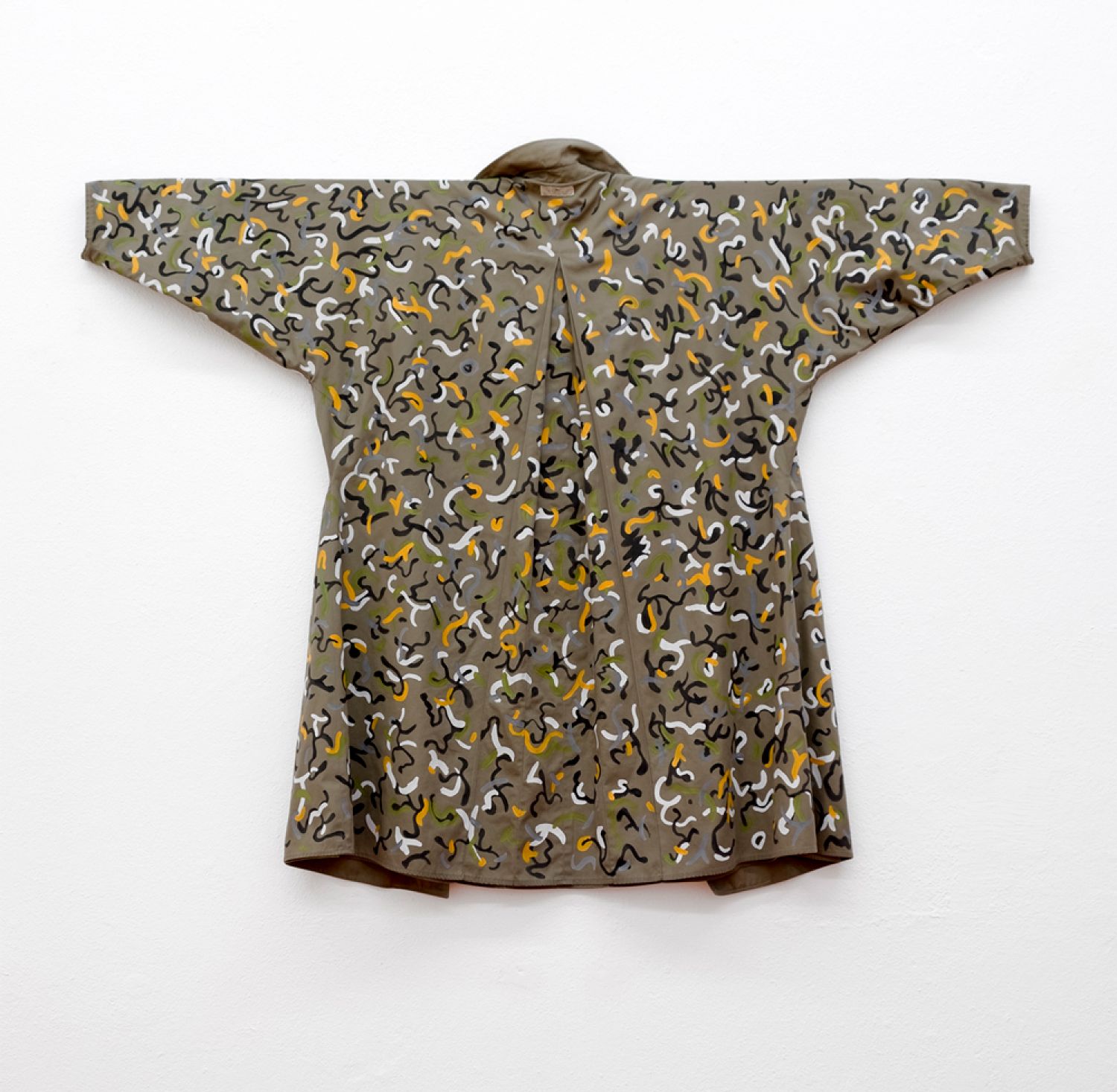
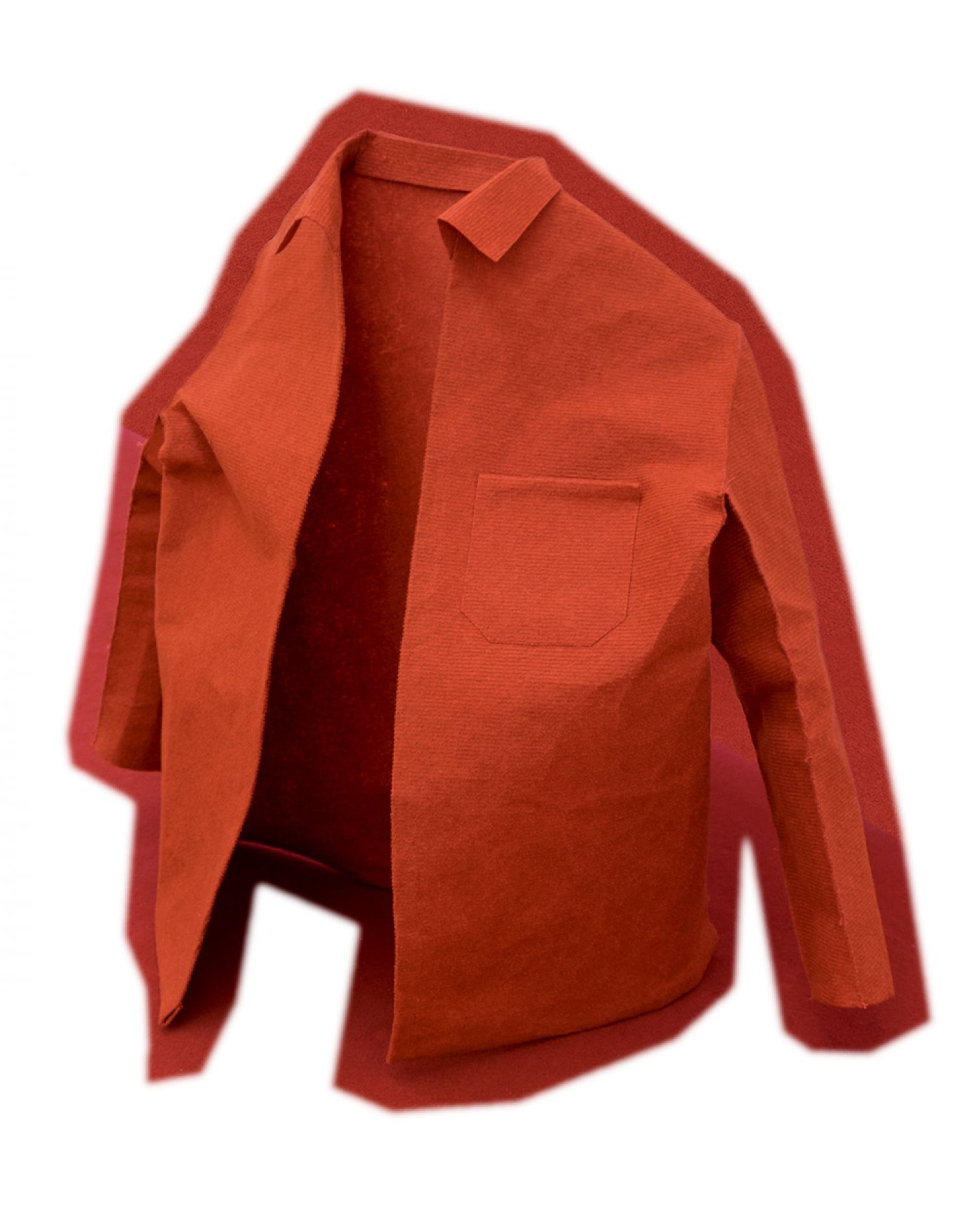
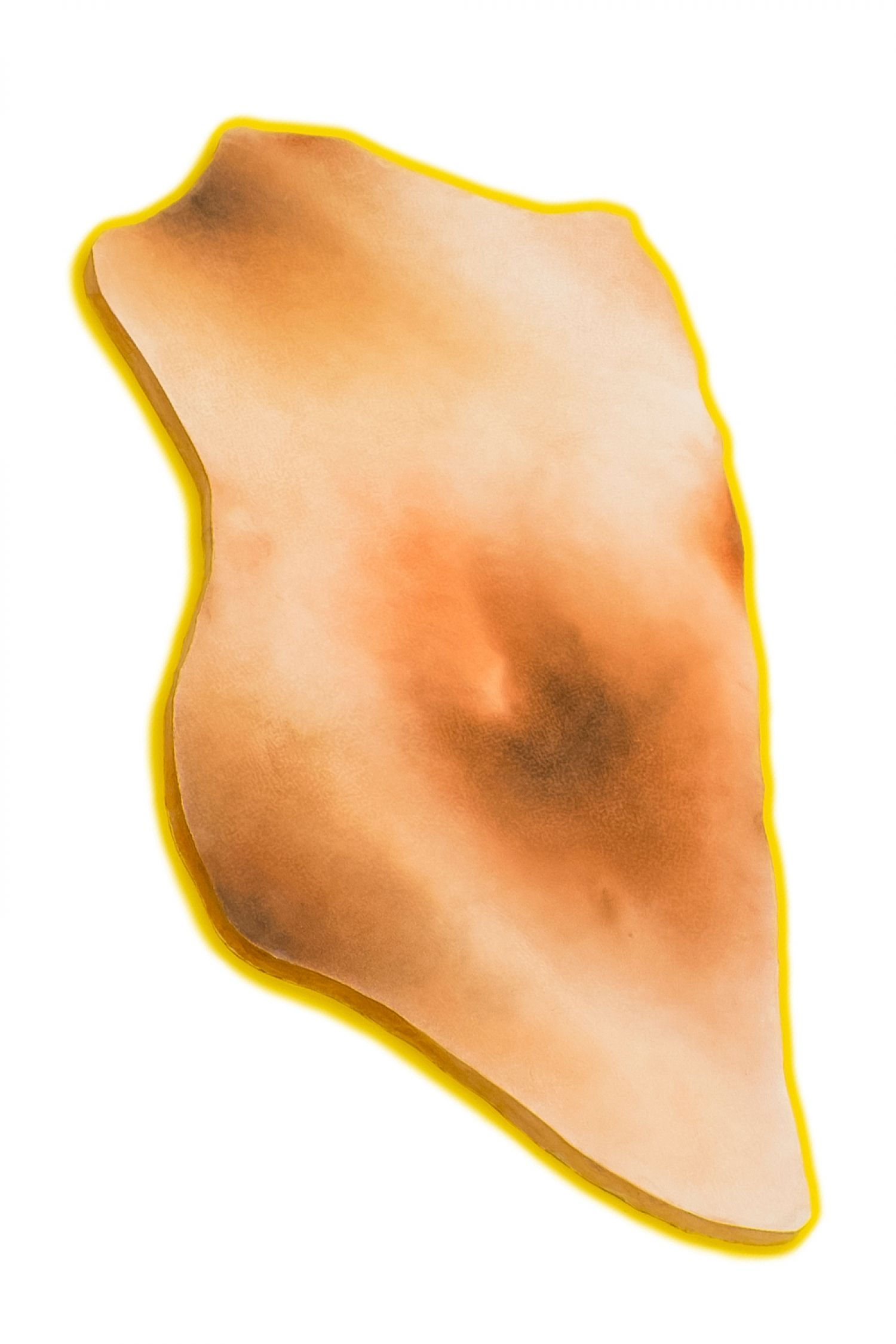
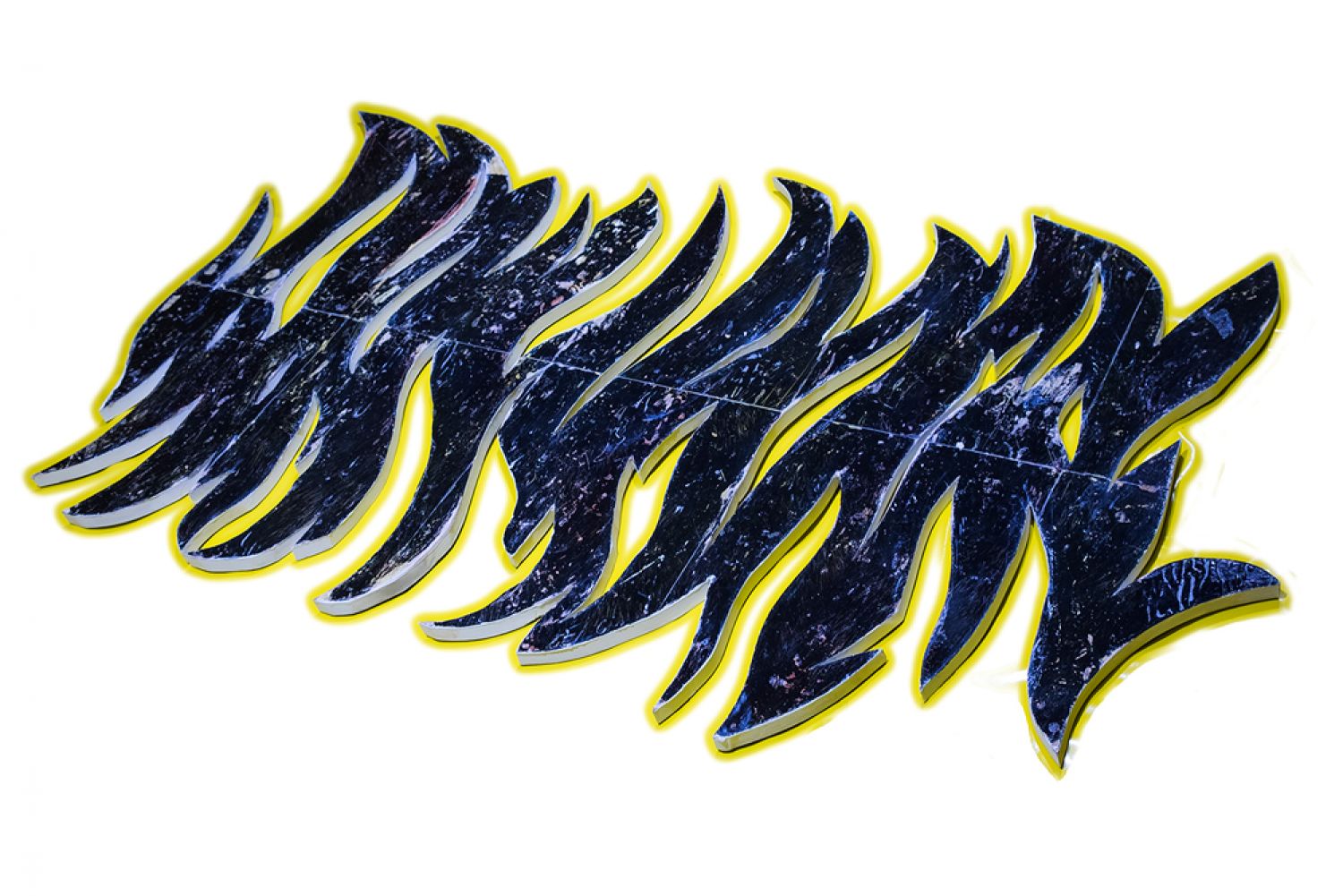
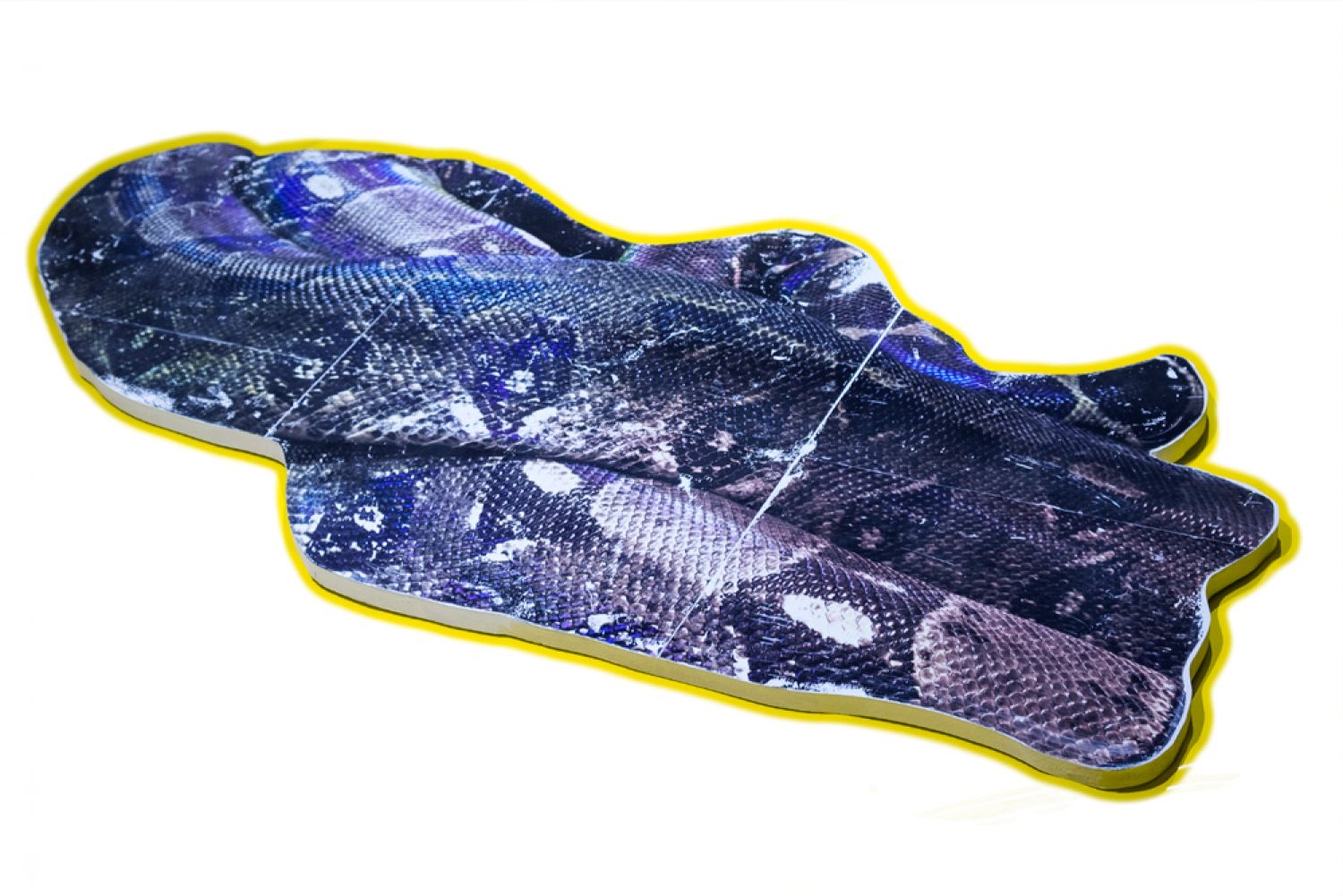
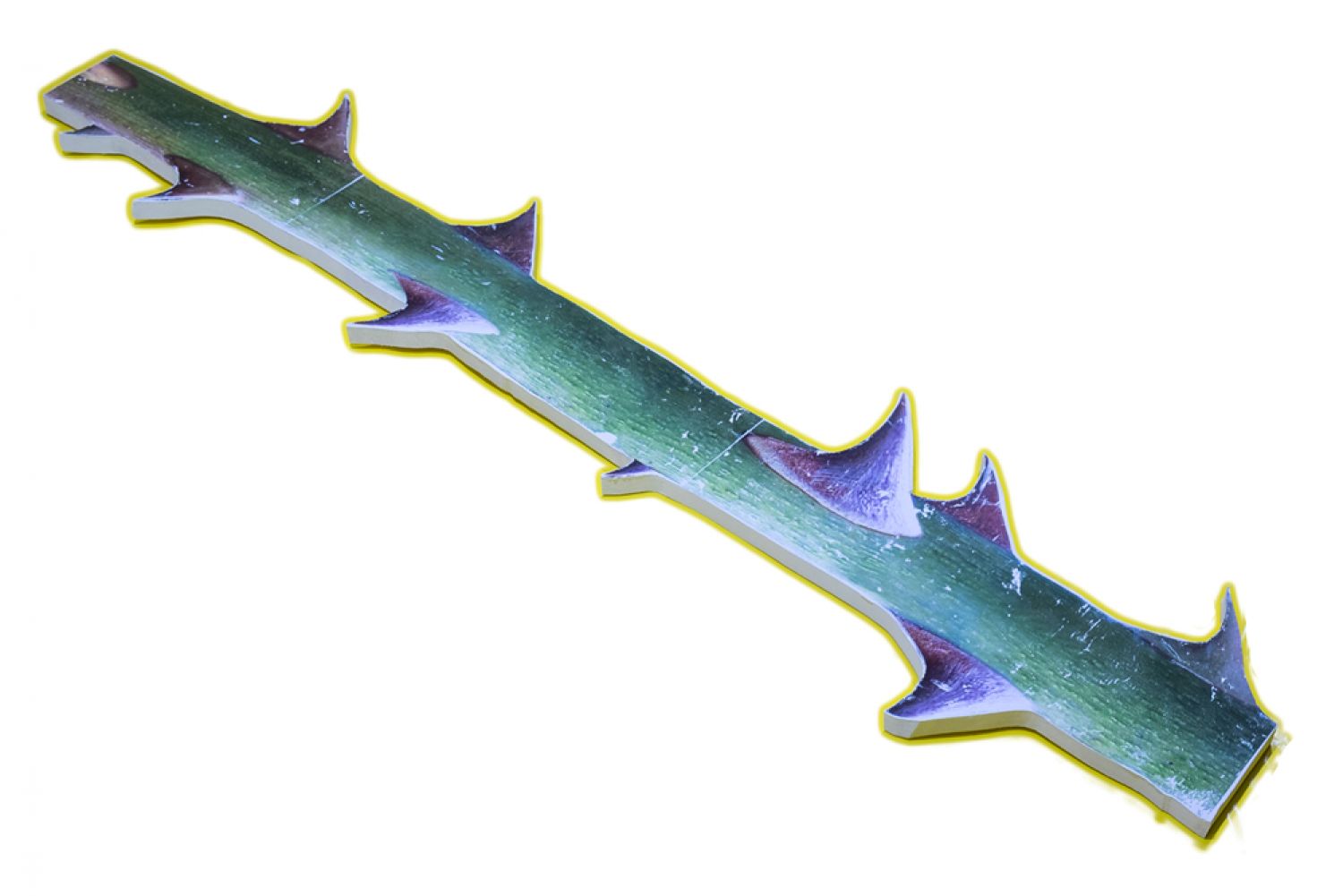
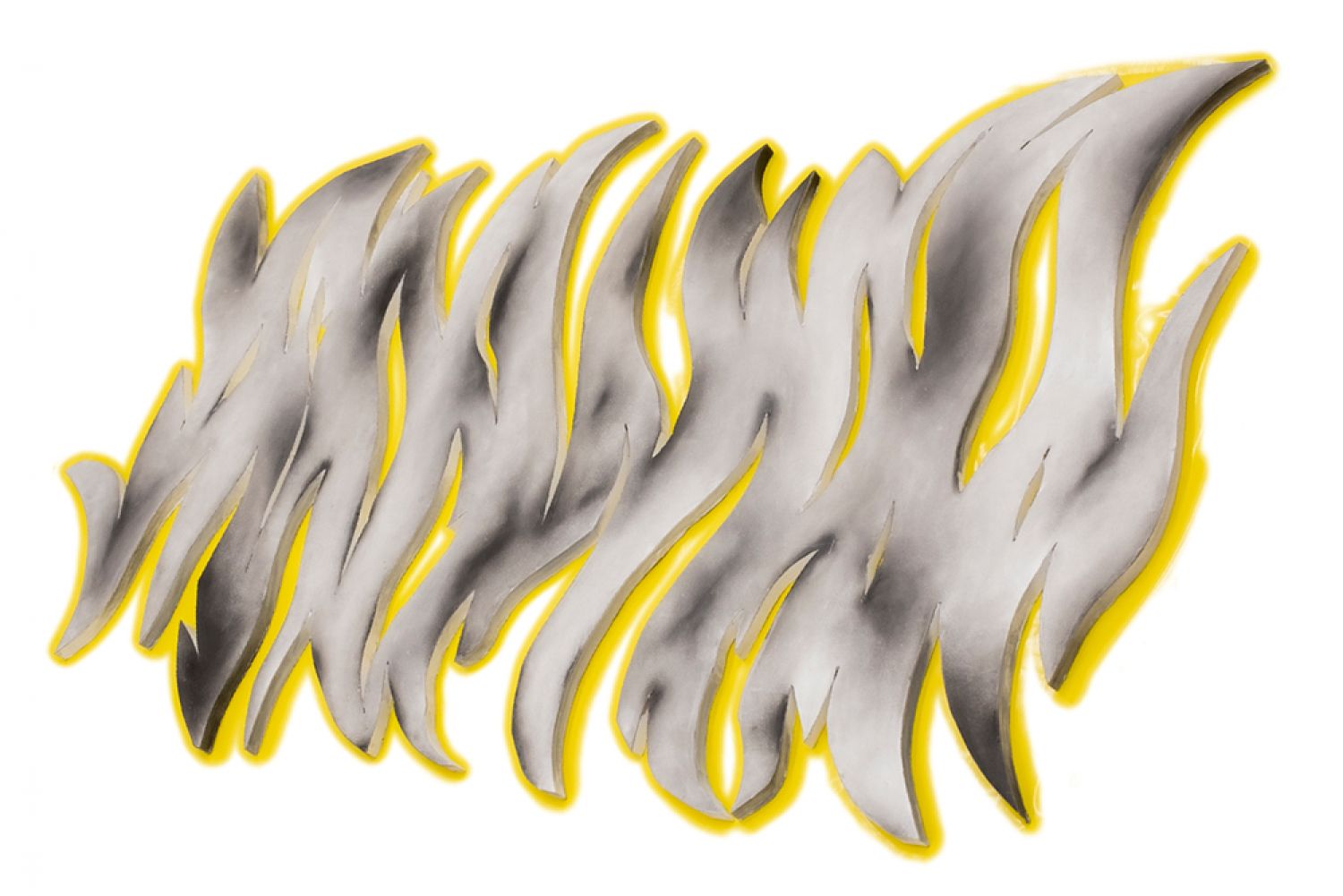

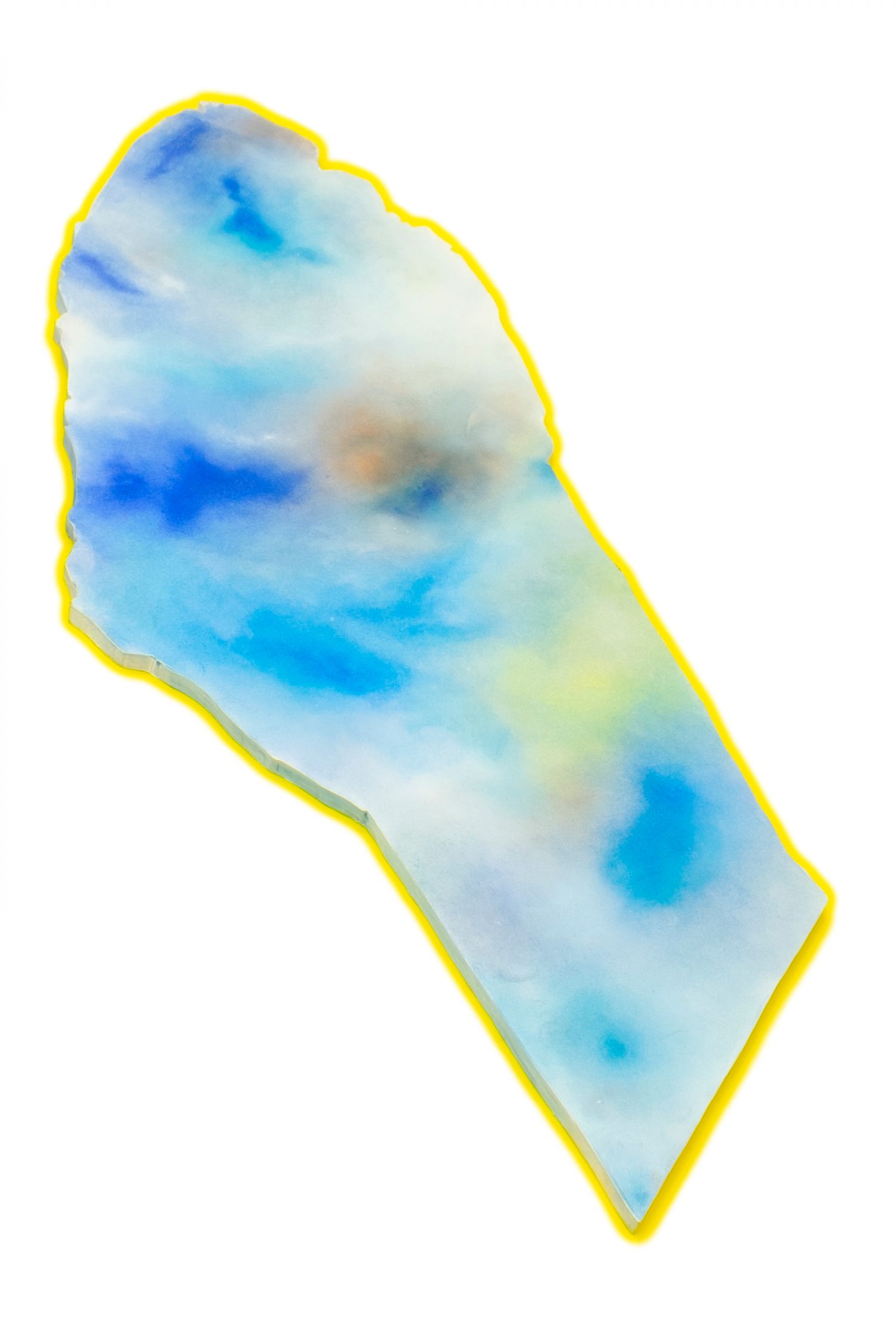
Make-up, the show is over
Óscar Faria
Starting from this competition between painters from ancient Greece, where the question was which of them, Parrhasius or Zeuxis, could better imitate reality, in order to deceive the other’s gaze, Hernâni Reis Baptista creates a fiction about otherness in the contemporary world.
Through an apparatus that is both «catwalk» and end-of-party scenery, the artist proposes a series criss-crossed by issues related to ideals of beauty, ruin, the death of painting and camouflage.
There is also a relevant biographical component in this series of works. Intimate references are added to these pieces, references that cross either friendships or the closest family. The decision to leave open, as if it was a riddle, the reason for choosing some topics, such as those related to sexuality, identity and gender, is an attempt to move to another plan these fundamental debates in our day. It is simply a matter of opening a field of possibilities, proposing a dialogue, starting the discussion once again.
This resistance to the norm, to normalisation is intended to strengthen the territory of intimacy, in which the production of subjectivities must necessarily confront the growing conceptual apparatus appropriated by the market of ideas. Thus, instead of a direct, pamphleteering statement of any identity, Hernâni Reis Baptista proposes rather a poetic, sensitive freedom of choice, in which the other coexists with himself, in difference, in desire, in the yearning to be everyday an open possibility. Perhaps for this reason, the make-up powder that sometimes falls on a mask, sometimes on body fragments (a foot, a knee), comes so close to crying, for the task of attaining this dimension of being, the one where we realise that, after all, we are nothing – and being nothing, we are everything, everyone – is undoubtedly the most difficult and extreme of all.
If the works reveal their relation to nature – observed in a set of animals, plants and minerals whose main attribute is the ability to blend in with the surroundings, either as a defense strategy or as a way to prepare an attack – now they also display another dimension: that of painting.
Paying a little more attention, we can come to the conclusion that the differences between one side and the other are not that many: they both mimic skins, marble surfaces, body fragments. However, in this new presentation, there is a striking element, the pictorial abstraction, which in a surprising way acquires qualities of camouflage, as if these works, so vivid in their colours, reveal their own disguise: beneath the surface, we can imagine corpses prepared for the funeral or burial through a careful application of make-up. Everything serves to falsify the real.
On the other hand, there is an unquenchable life in these objects, for they remind us of this other truth: there is a reality beyond us and beyond the species that disappear every day. These cut-outs of an impossible puzzle are thus pieces of a dance for, although many elements have been lost along the way, in those that have come to us, through the art of Hernâni Reis Baptista, persists the desire to resist with the world, even using survival strategies that include the creation of a fiction, whether it is a fable or a manifesto.
Presented inside out, these works, also abstract paintings, skins stained by a stain, by a burn or a desire, participate in this wish to celebrate the difference of shapes, colours and species. The crab is begonia. The leopard is octopus. All are all. On the other side, the invisible is already before us.
What could once be read as a catwalk or an end-of-party scenery becomes a «horror movie»: severed limbs, turned into abstract paintings – in some of them it is even possible to detect stains and other body marks – appear flanked by fragments of human organs – a knee, a foot –, a mask, a glove, works that try to simulate the skin, coats that extend the red colour of a carpet, camouflaged… Suddenly, we are facing a true carnage, exposed to our eyes in the form of art.
Is this still a relevant reflection after having seen, there, before us, the end of a world?
